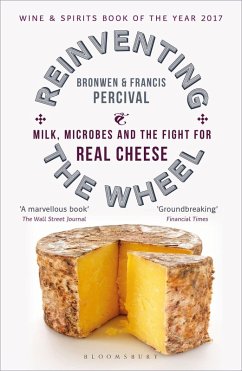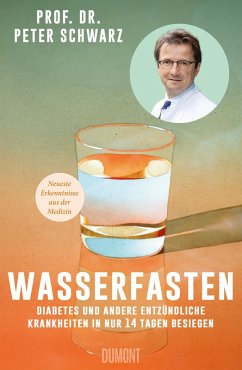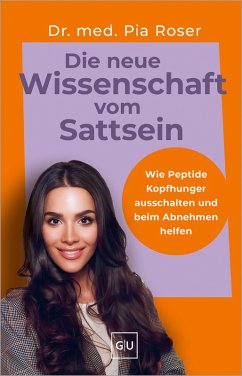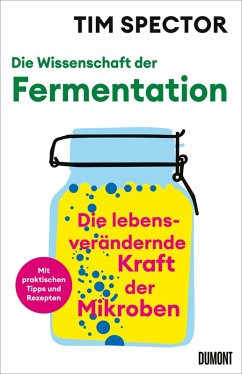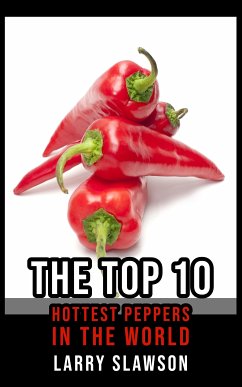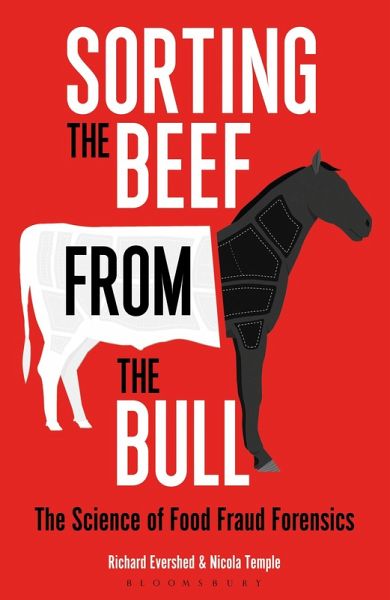
Sorting the Beef from the Bull (eBook, ePUB)
The Science of Food Fraud Forensics

PAYBACK Punkte
4 °P sammeln!
Horsemeat in burgers was hard to swallow, but there are far more sinister culinary crimes afoot... Chicken eggs that haven't come from chickens, melamine in infants' milk in China, nut shells in spices - these are just some examples of the food fraud that has occurred in recent years. As our urban lifestyle takes us further and further away from our food sources, there are increasing opportunities for dishonesty, duplicity and profit-making short-cuts. Food adulteration, motivated by money, is an issue that has spanned the globe throughout human history. Whether it's a matter of making a good ...
Horsemeat in burgers was hard to swallow, but there are far more sinister culinary crimes afoot... Chicken eggs that haven't come from chickens, melamine in infants' milk in China, nut shells in spices - these are just some examples of the food fraud that has occurred in recent years. As our urban lifestyle takes us further and further away from our food sources, there are increasing opportunities for dishonesty, duplicity and profit-making short-cuts. Food adulteration, motivated by money, is an issue that has spanned the globe throughout human history. Whether it's a matter of making a good quality oil stretch a bit further by adding a little extra 'something' or labelling a food falsely to appeal to current consumer trends - it's all food fraud, and it costs the food industry billions of dollars each year. The price to consumers may be even higher, with some paying for these crimes with their health and, in some cases, their lives. Sorting the Beef from the Bull is a collection of food fraud tales from around the world. It explains the role of science in uncovering some of the century's biggest food scams, and explores the arms race between food forensics and fraudsters as new methods of detection spur more creative and sophisticated means of committing the crimes. This book equips us with the knowledge of what is possible in the world of food fraud and shines a light on the shady areas of our food supply system where these criminals lurk.




